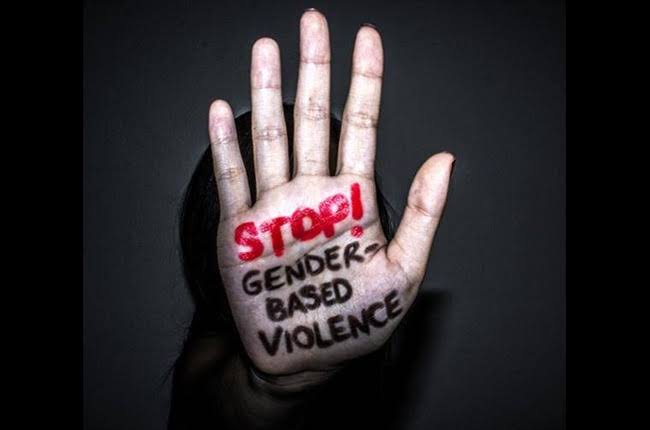NAIROBI, Kenya, Jun 22- A few weeks before the August 9 elections, journalists have been challenged to be solution-oriented while covering cases of Sexual Gender-Based Violence.
Being an electioneering period, such cases are said to be on the rise according to police statistics, and those of human rights organisations.
Sexual violence has been a recurrent and brutal feature of elections in Kenya since the 1990s.
The latest appeal of journalists to go beyond exposing the vice was made during a Twitter Space held on Tuesday evening by the Crime Journalists Association of Kenya, in partnership with the Independent Medico-Legal Unit.
The weekly spaces are supported by the Canadian Embassy in Kenya according to CJAK.
Media Council of Kenya Press Freedom, Safety and Advocacy manager Dinnah Ondari, who was a panelist during the Twitter Space, pointed out that there has been an improvement in how media covers SGBV cases but said there are gaps to be sealed.
With a series of training conducted by the Media Council of Kenya, she said more journalists are being sensitized on responsible ways of reporting.
“We have among other things developed a curriculum on reporting on gender,” she said.
“The curriculum is meant to be used to train media students in colleges so that they know how to deal with such cases once they join the field.”
She added that “Sexual violence also happens within the media. For us to adequately address this, we must also ensure the environment in which journalists are working in, is conducive.”
Health Journalist and Communication expert Muthoni Waweru pointed out the lack of cooperation by authorities as a major challenge while reporting on SGBV cases.
She further pointed out the need for debriefing journalists reporting on cases of SGBV.
“We want our journalist mentally fit to be able to report on these cases,” she said.
Waweru’s request, just like that of Tuko. co.ke Managing Editor Julia Majale, is for journalists to ensure they do follow up, once they expose such vices.
“We must be careful when reporting on SGBV stories due to the sensitivity, use of words that don’t glorify the act or victimize the victim further or expose them to further ridicule. Avoid mentioning details that reveal sensitive information,” she said.
She added that “We must also be careful when reporting on such stories due to their sensitivity. Journalists should also use words that don’t glorify the act or victimize the victim further or expose them to further ridicule. Avoid mentioning details that reveal sensitive information.”
-History of SGBV in Kenya-
While Kenya has experienced election-related violence since the introduction of multi-party politics in 1991, the scope and nature of the 2007-2008 post-election violence was unprecedented.
Within the weeks that followed the polls, thousands of civilians were victims of killings, forced displacements, destruction of property, and sexual and gender-based violence.
SGBV included rape, gang rape, forced circumcision, and partial or complete penile amputation, among other crimes.
Despite a progressive new constitution and strengthened institutions and laws developed to prevent and respond to sexual violence, Kenya’s National Commission on Human Rights documented 201 cases reported to have occurred in 11 counties during the last general elections in that country in 2017.
Actual cases in all 47 counties are likely much higher according to experts.
What is known as ‘electoral-related sexual violence’ is a form of sexual violence, such as rape and sexual assault associated with electoral processes that are intended to influence a political outcome.
In 2007, many were displaced by the violence; civilians, political aspirants, their supporters and families, and other civilians were targeted owing to their geographic locality or ethnic origins and were terrorised and dehumanised to influence voting habits, including hindering votes.
Even outside of election periods, Kenya suffers from high levels of sexual violence.
Some 45 percent of women and men aged 15-49 have experienced sexual and gender-based violence in the country.
On December 10, 2020, the High Court of Kenya delivered a landmark judgment in favour of four female survivors of sexual and gender-based violence (SGBV) committed during the 2007-2008 post-election violence (PEV).
Following an almost eight-year-long procedure, the Court found that the Government of Kenya was responsible for failing to conduct independent and effective investigations and prosecutions of SGBV committed by state agents and awarded each survivor compensation of Sh4 million.
NB: Additional reporting from contributors.
Want to send us a story? Contact Shahidi News Tel: +254115512797 (Mobile & WhatsApp)


